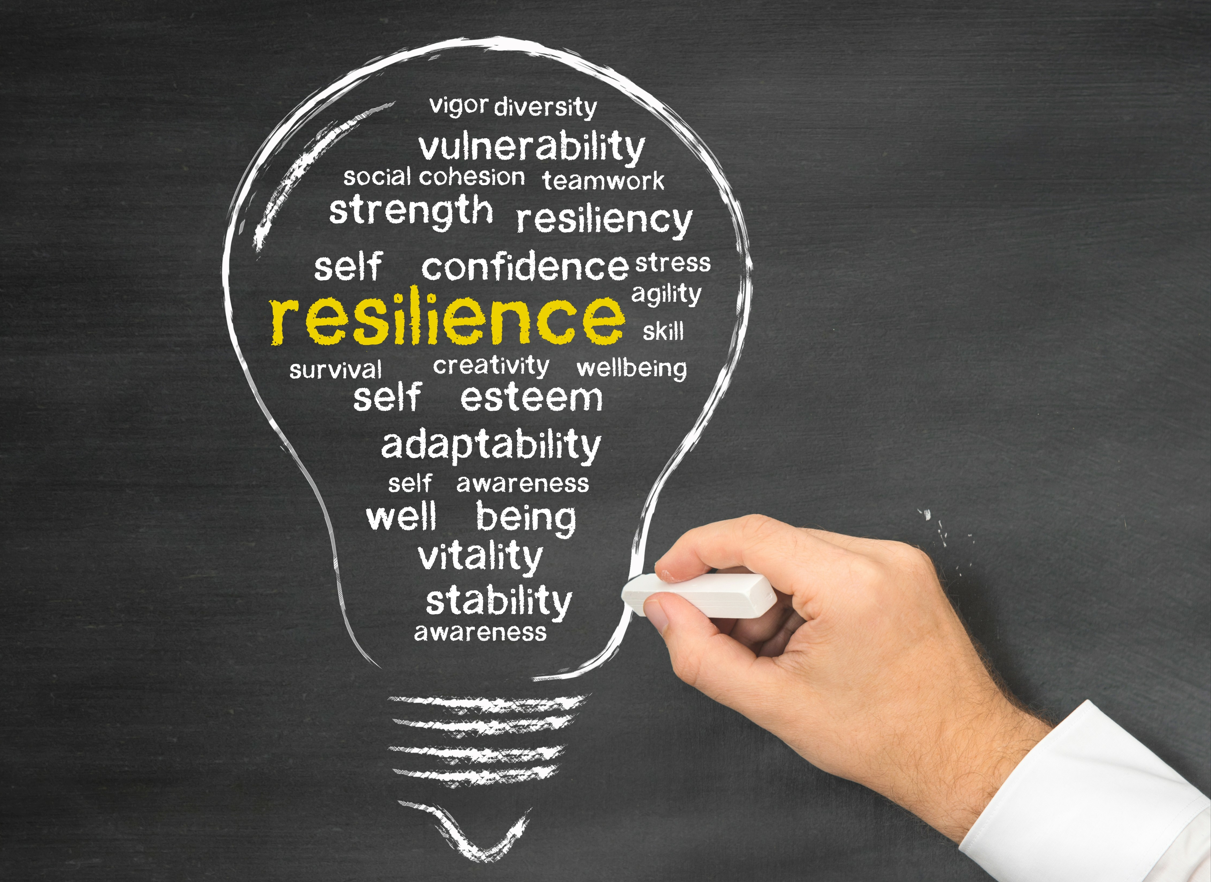How resilient are you? When trouble comes, are you relatively good at quickly bouncing back and finding your feet? Or are you the kind of person who spends days or weeks trying to recover from the challenges that come your way?
Your resilience measures how well you deal with difficulties in your life. While we all struggle with upsetting events, like a death in the family or the loss of a job, resilience keeps us moving forward in the face of significant challenges.
Resilient people still get sad and stressed, but they’re more able to maintain a positive outlook and cope with issues when they happen. Unfortunately, while some people develop resilience naturally, others struggle with achieving the same grit levels.
The good news is there are strategies you can build your resilience to ensure you’re ready for anything.
1. Build a Strong Network
Many assume that being resilient means being highly independent and capable of managing anything without help. However, needing to ask for support occasionally doesn’t make you any less resilient. In fact, it shows you know when to turn to others for help. Building a strong network can involve regular check-ins with friends, joining a support group, or seeking professional help when needed.
It shows you know when to turn to others for help.
Having people you can confide in and lean on makes life easier. Whether it’s your family members, friends, or a credentialed coach you trust, you should have someone you can turn to when life gets tough. This support network can make you feel less alone and more capable of handling life’s challenges.
While talking through your issues with another person might not make your troubles go away, it can help you release some of the stress and pain.
2. Believe In Yourself
Many of us are far too hard on ourselves. We spend all of our time stressing over the things we can’t do and don’t dedicate enough of our attention to what we can do.
Having confidence in your abilities is an excellent way to develop your resilience. After all, if you lose your job but know you have what it takes to get a new one, you’re much less likely to spend nights lying awake and worrying.
When bad things happen, list your characteristics that will help you deal with those problems. It can also be helpful to replace negative thoughts with more confident ones.
For example, instead of telling yourself you’re a poor leader after a project setback, remind yourself that you have strong leadership skills and are continuously learning. Challenges are part of growth, and each one helps you become an even better leader.
3. Embrace and Accept Change
Being resilient means dealing with sudden changes, no matter how worrying or complicated those changes might be. Unfortunately, it’s impossible to prepare for everything that might happen. Your entire world can change from one day to the next, so you need to be open to the fact that you don’t know what will happen. Embracing uncertainty and being open to change is an excellent way to ensure you are as resilient as possible. This means being adaptable, open-minded, and willing to learn from new experiences.
Remind yourself that change is sometimes a good thing. Sometimes, it can be an avenue to where you’re meant to be.
4. Be More Optimistic
Resilient people are often able to deal with challenging situations because they know how to look at the bright side. Although it can be challenging to maintain a sense of optimism during a dark period, learning how to look for the silver lining can be extremely helpful.
Even if you only tell yourself that the bad part will be over soon, this can help boost your internal sense of strength and well-being.
Positive thinking doesn’t mean you ignore problems when they arise. Instead, it means looking at the whole situation and being open to positive interpretations. For instance, if you lose your job, you could tell yourself it’s an opportunity to seek a career that will satisfy you more. This positive outlook can fill you with hope and optimism, making it easier to navigate through tough times.
5. Learn How to Care of Yourself
No one can effectively display mental and emotional strength when they’re struggling with their health. If you look after yourself, you’ll have a much easier time dealing with challenges when they arise. As easy as it might be to neglect your own needs when you’re stressed or overwhelmed, you should always make time to nurture yourself.
Set time aside for yourself at least once a week to do something good for your mental and physical health. Whether it’s dedicating some time to relaxation, such as reading a book, taking a bath, or getting a good night’s sleep, every bit of self-care helps. Other self-care activities could include exercise, meditation, or spending time with loved ones.
Take the Next Step
Start building resilience today by choosing one small action—reach out to a friend, list your strengths, or take a moment for self-care. Remember, resilience is a journey. By taking this first step, you’re empowering yourself and taking control of your life. Ready to take the first step? Let’s start now!




